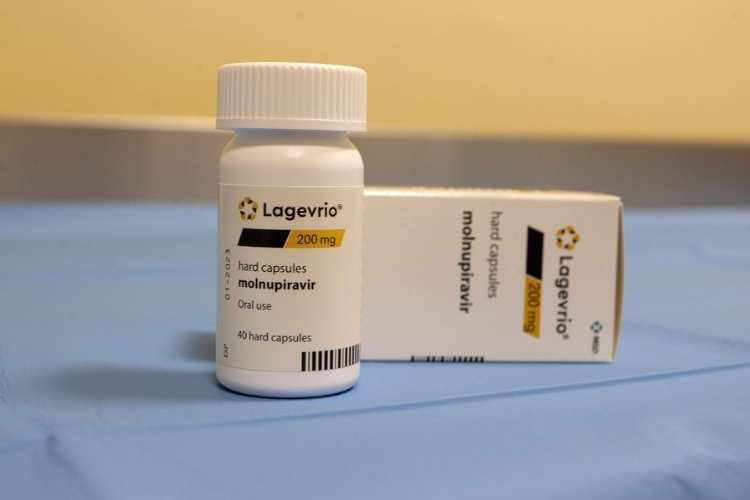As concerns about the coronavirus continue to loom, the spotlight is once again on the most widely used oral antiviral treatments. Recent developments have raised questions about their effectiveness in the face of viral evolution. A real-world study of Pfizer’s Paxlovid last week revealed a decline in its ability to keep at-risk patients out of the hospital as the virus has adapted. Now, experts have drawn a connection between Merck’s Lagevrio (molnupiravir) and an increase in mutations, suggesting that its usage may have expedited the emergence of new variants.
Lagevrio operates by inducing mutations that disrupt the virus’s replication capabilities. However, if patients treated with this antiviral fail to completely clear their infections, there is a potential risk of transmitting molnupiravir-induced mutated viruses. This concern was highlighted in a report conducted in the United Kingdom by researchers from esteemed institutions, including the Francis Crick Institute, the UK Health Security Agency, Imperial College London, and the universities of Cambridge, Liverpool, and Cape Town.
Also Read: Tonix’s Long COVID Drug Fails In Pain But Shows Promise In Fatigue
The report, published in Nature, analyzed a staggering 15 million COVID genomes and revealed an increase in mutations following the introduction of molnupiravir in several countries.
Merck, in partnership with Ridgeback Biotherapeutics, has contested the report’s findings, asserting that clinical data demonstrate molnupiravir’s capacity to impede viral replication and reduce viral shedding, thereby lowering the risk of transmission. The company also underscored that the researchers relied on circumstantial associations to draw their conclusions, assuming that mutations were linked to viral spread from molnupiravir-treated patients without documented evidence of such transmission.
Notably, the FDA granted approval for molnupiravir in December 2021 for recently infected patients at risk of developing a severe form of the virus. However, European regulators withheld approval due to an inability to demonstrate the drug’s clinical benefits.
While concerns have arisen regarding the potential for increased transmission of mutated viruses, it’s important to note that there is currently no evidence suggesting that the use of Lagevrio has led to the emergence of more transmissible or severe COVID variants. Despite clinical trials indicating that Pfizer’s Paxlovid exhibited superior efficacy compared to Lagevrio (89% versus 30%) in reducing the risk of hospitalization and death, Lagevrio achieved substantial sales of $5.7 billion in 2022.
Also Read: Diversifying Strategies As Vaccine Demand Shifts: COVID-19 Vaccine Manufacturers Anticipate Fall Inoculation Season
In 2023, with declining COVID infections, Lagevrio’s sales have waned, and the company anticipates revenue from the drug to reach $1 billion this year. Additionally, recent data from the Cleveland Clinic revealed that Pfizer’s Paxlovid is 37% effective in preventing hospitalization but still maintains an 84% efficacy in keeping patients alive. These developments underscore the ongoing challenges and evolving landscape of COVID-19 treatment and prevention.





























